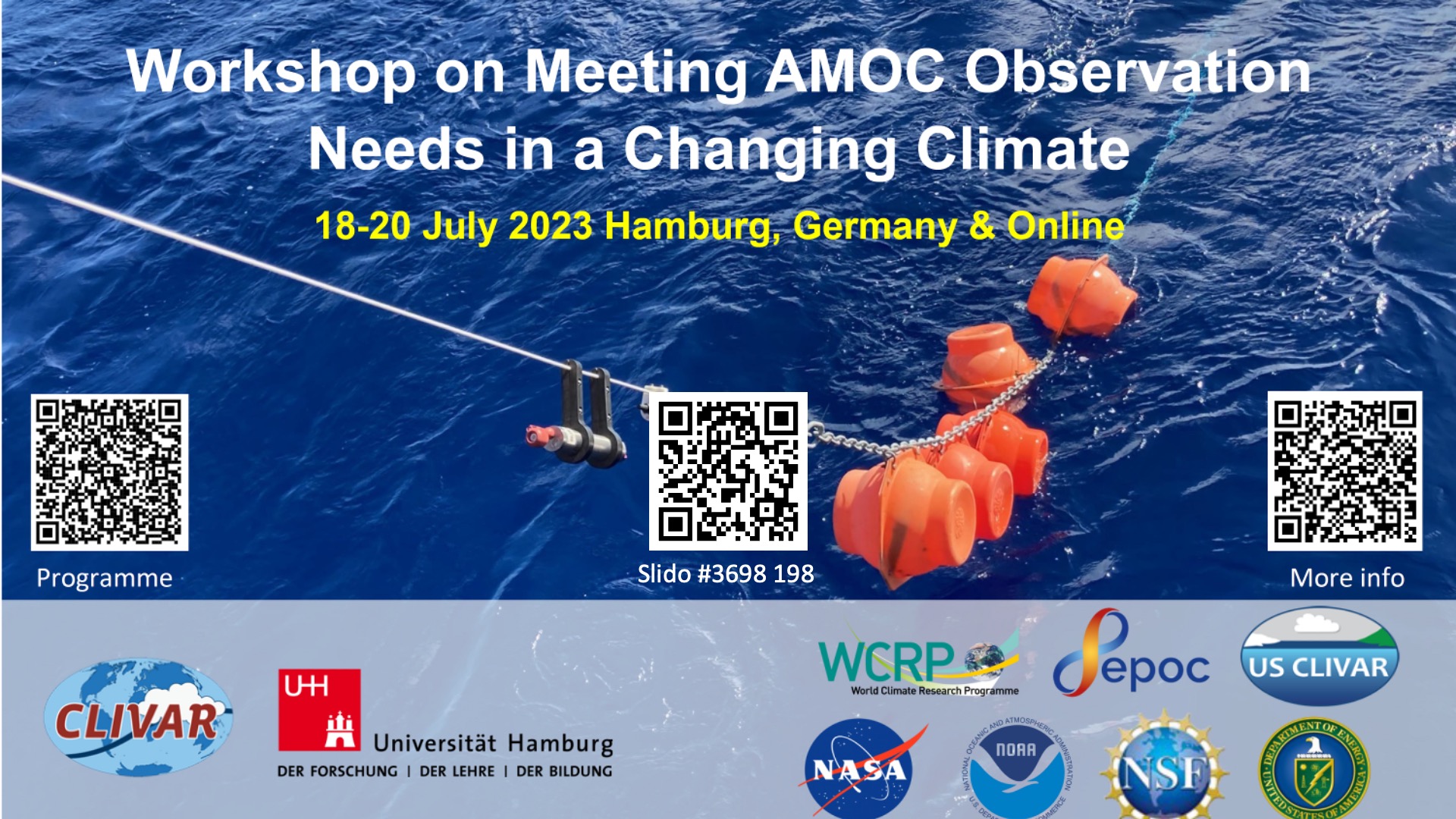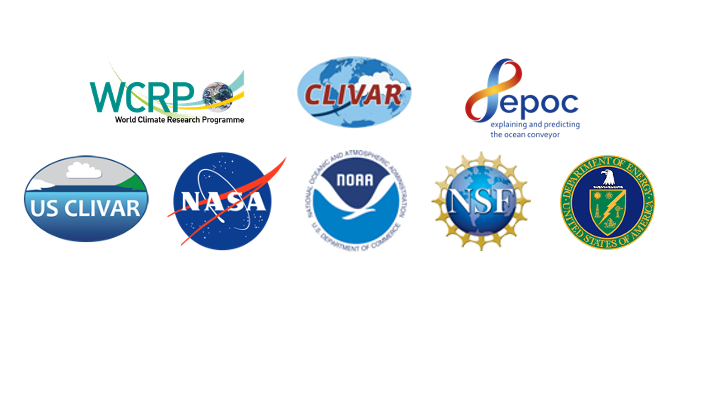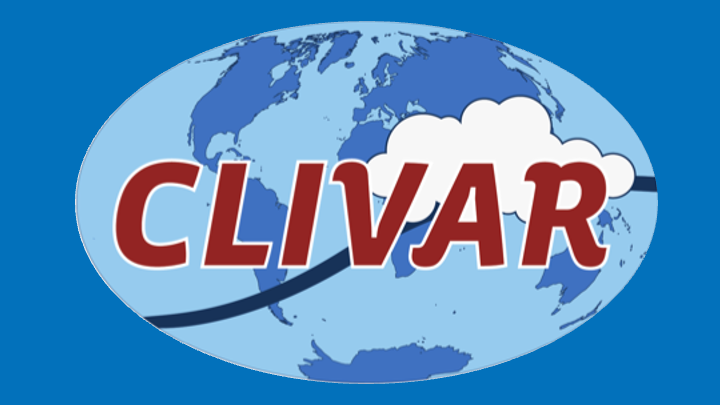The Atlantic Meridional Overturning Circulation (AMOC) plays an important role in modulating air-sea interactions and redistributing heat, freshwater, and biological and chemical properties throughout the Atlantic basin. The need to monitor this redistribution has led to the deployment of numerous intensive observing networks, most notably the AMOC arrays providing continuous transport estimates at different latitudes including 34.5°S (SAMBA), 16°N (MOVE), 26°N (RAPID) and ~55°N (OSNAP). Continuous long-term monitoring at the arrays has provided rich insights into overturning variability, valuable constraints for model assessment and forecast initialization, and raised new questions regarding fundamental aspects of AMOC dynamics. Despite this legacy, maintaining funding for the AMOC observing networks is challenging and complicated by the requirement for ocean observations to serve increasingly diverse end-user groups. Additionally, since the installation of the RAPID array in 2004, a number of technological advances in ocean observing have been realised: (a) the Argo float profiling array has been at full-strength since ~2007, (b) underwater gliders have become more widely used, (c) gravimetry measured from space is now available.
The success of the observing arrays, the new knowledge gained from observational and modelling efforts, and the new technological advances and the challenges faced by maintaining ocean observing underscore the need for collaboration and coordination across the interdisciplinary oceanographic community to:
- Quantify the value of AMOC observing.
- Define a collective set of observational priorities.
- Outline a roadmap for future AMOC observing.
Finally, without extensive collaboration between observational and modelling communities, progress will be limited and slow. This includes exchanging existing data, information on proposed acquisitions, and insights regarding the practicalities of observing system implementation.
The primary goal of this workshop is to inform the design of a future-focused AMOC observing system that can provide continuous measurements of key variables while also remaining sustainable over multiple decades. To accomplish this goal, the workshop first provides a retrospective look at the value of the observational methods, what has been done to validate the approaches, and what questions (in method or scientific) have not yet been addressed. The workshop focuses on how models and observations can be used together, so that models that faithfully simulate key processes in the observed record can be used to provide a larger spatial perspective than the existing arrays (and potentially serve as ‘nature runs’ for further experiments). Finally, discussions at the workshop focus on future plans to coordinate an international AMOC observational approach to monitor variability over multiple decades.
Programme
The objective of the meeting is to bring the AMOC community together to work towards consensus on
- the capabilities and shortcomings of current AMOC observing,
- the capabilities and shortcomings of model-based tools for AMOC observing system assessment/re-design,
- shortlisted suggestions for investigations/experiments to be run in support of AMOC observing re-design,
- a shortlist of priority quantities that should be constrained by a ‘fit-for-purpose’ AMOC observing system to serve science (across physics, biogeochemistry and ecosystems) and societal needs.
In advance of the hybrid, synchronous workshop in July 2023, we anticipate organising ~monthly webinars to give an overview of the current AMOC observing system and assessments of the observing system performed to-date.
Timelines
- Registration opens: 7 March
- Registration closes (for in-person): 1 June
- Registration closes (for online-only): 1 July
- Abstract deadline (regular): 2 May
Timelines for funding support
Note: Funding support is no longer available
- Registration deadline: 27 April (payment can be deferred until funding decisions are made)
- Abstract deadline: 27 April
- Funding decisions: early May
Travel support will be coordinated by CLIVAR in the first half of May.
Invitation letters
Should you need an invitation letter to apply for a visa, please contact epoc-admin@uni-hamburg.de
Workshop organizers
The workshop is co-organised by the CLIVAR AMOC Task Team and the EU-Project EPOC coordinated at the Universität Hamburg.
Scientific Organizing Committee
- Eleanor Frajka-Williams, Universität Hamburg, Germany
- Peter Brown, National Oceanography Center, UK
- Eric Chassignet, Florida State University, USA
- Gokhan Danabasoglu, National Center for Atmospheric Research (NCAR), USA
- Nick Foukal, Woods Hole Oceanographic Institution (WHOI), USA
- Helen Pillar, The University of Texas at Austin, USA
Workshop report is available here:
https://doi.org/10.5281/zenodo.15853511

Supported by

